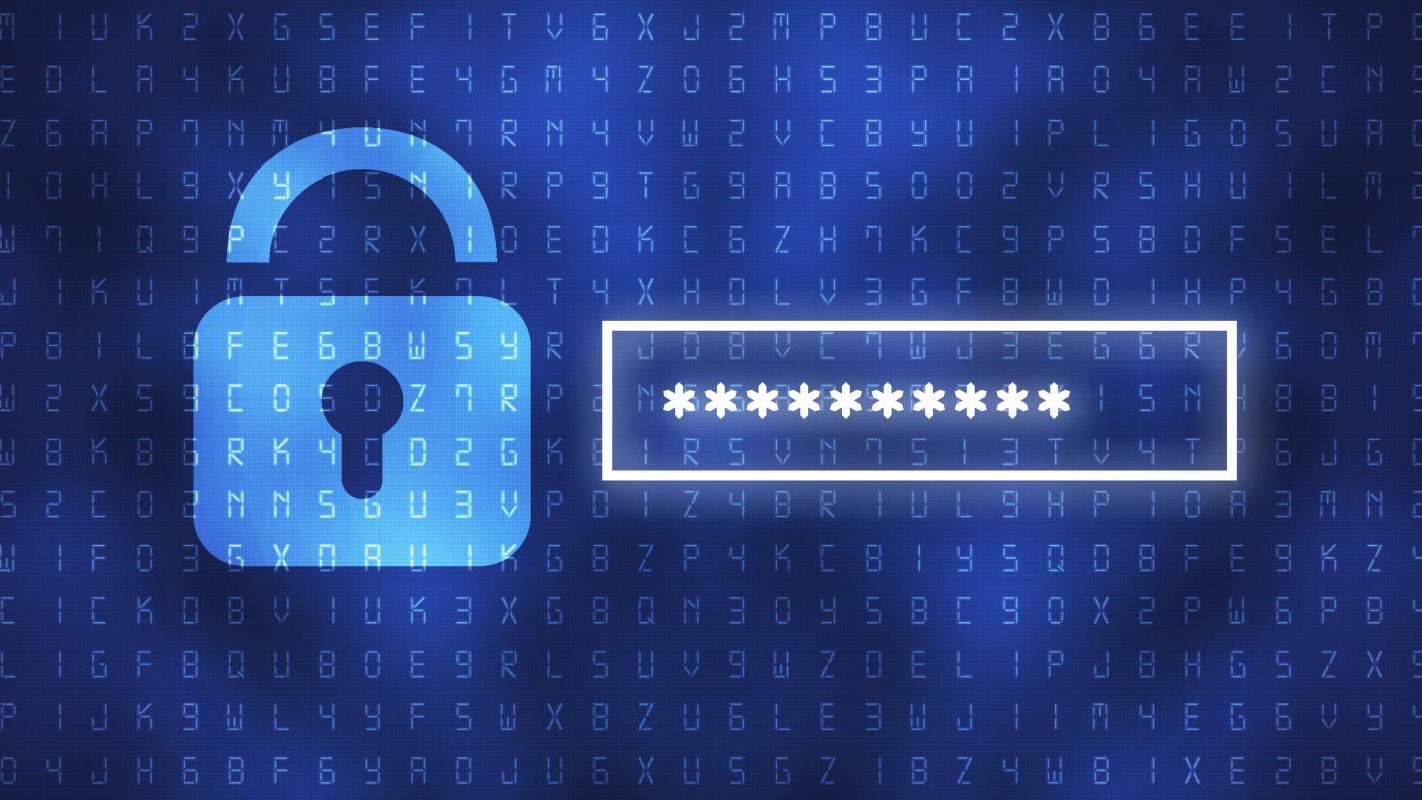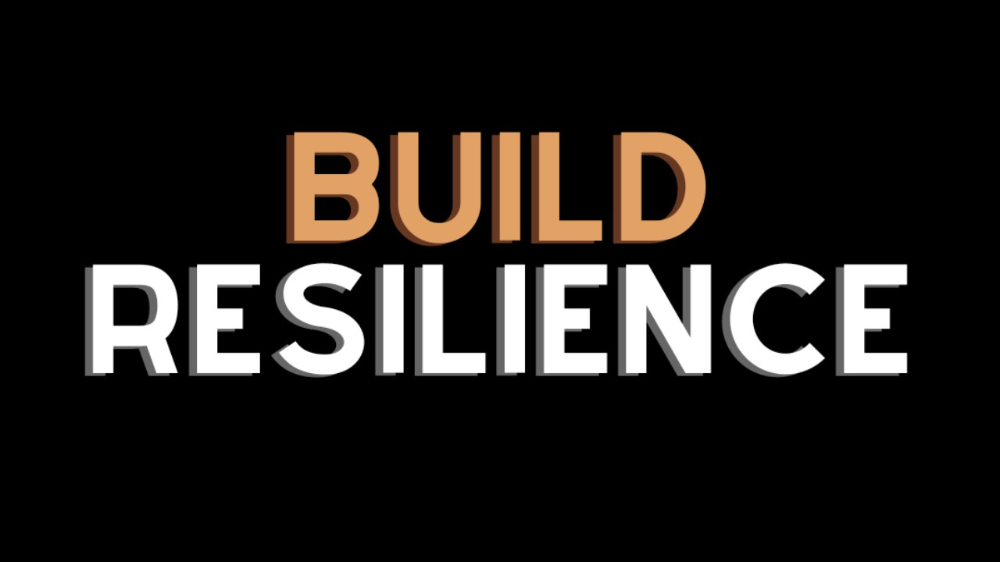The largest password data breach in history impacts Apple, Google, Facebook and others. Here's what you need to know.
Jun 19, 2025
Your personal data may already be compromised.
Here's what every individual and small business owner needs to know, and five tips on how to protect yourself.
16 billion login credentials have been exposed to sites including Apple, Google, Facebook and Telegram, among others. According to Forbes, it’s being called one of the most significant data leaks in history as reported on June 19, 2025. And it impacts almost everyone.
The Forbes report revealed a massive cybersecurity breach involving more than 16 billion login credentials—exposing usernames and passwords tied to popular services like Apple, Google, Facebook, Telegram, and countless others. This isn’t just old data recycled from previous breaches. A large portion of it was collected by infostealer malware running on infected personal and business devices. That means it's fresh, it's dangerous, and it's being actively sold or circulated online.
The terrifying part?
You may not even know you were compromised. Most people only realize it when they’re locked out of their email, notice suspicious financial activity, or discover someone else has taken control of their accounts.
Even worse, statistics show most people will do nothing, leaving their computers, websites, and personal information at serious risk.
This isn't a “tech problem”—this is a safety issue.
You don’t have to be tech-savvy to take action. You just have to act now.
Protecting your digital identity is like locking your front door—it’s basic security in a digital world. Whether you're a parent, a business owner, or just trying to keep your online life intact, these five steps will help you secure what matters most.
Here are five things you can do right now to protect yourself, your business and your family:
1. Change your passwords and add 2-factor authentication.
Start with the most critical accounts—your Gmail accounts, Apple ID, iCloud, and your mobile devices. If your Gmail is compromised, a hacker can reset almost every other account you own. And if your Apple ID is exposed, your iPhone, iPad, and cloud photos could be at risk. Don’t just update one or two. Make this a sweep. Then turn on two-factor authentication (2FA) wherever possible—it adds a powerful layer of protection even if someone has your password.
2. Don’t forget pass over this site that you might not even realize you signed up for.
Telegram accounts are among those found in the leaked data, and many users have never enabled 2FA on the app. Go to your Telegram settings now and turn on two-step verification to prevent unauthorized access to your messages and contacts.
3. Help your children do the same.
Kids often have email, gaming, messaging, and streaming accounts. If they reuse passwords or share them with friends, they’re at risk too. Sit down with them, talk about digital safety, and help them secure their devices and logins. This is a great opportunity to teach long-term cybersecurity habits.
4. Raise your security level with a password manager like 1Password.
Trying to remember dozens of complex passwords is nearly impossible—so people cut corners. That’s where mistakes happen. A password manager like 1Password creates strong, unique passwords for every account and stores them securely. It even alerts you if your credentials appear in a known breach. Plus, it syncs across your devices, so you’re always protected whether you’re on your phone, laptop, or tablet.
They offer a free or low cost version, and we have personally used 1Password on all of our systems since 2019.
5. Log off devices you don’t recognize.
Go into your account settings on Google, Apple, and social platforms and check where you’re logged in. If you see a location or device that looks unfamiliar—log it out immediately. This quick scan can stop someone from lurking in your accounts without your knowledge.
If you are a small business owner, or you have network computer systems consider adding layers of network security, or even hiring an outside firm.
Guide your employees to tighten their personal security, both as protection in the workplace and in their home.
Ultimately data security begins with you.
Take the responsibility to protect yourself, your family, and your data.
Take the five day challenge. Learn to build resilience in your life and business.

